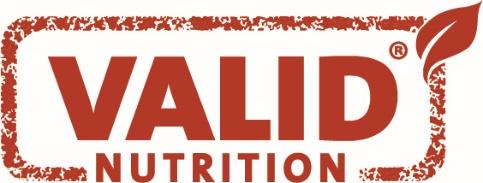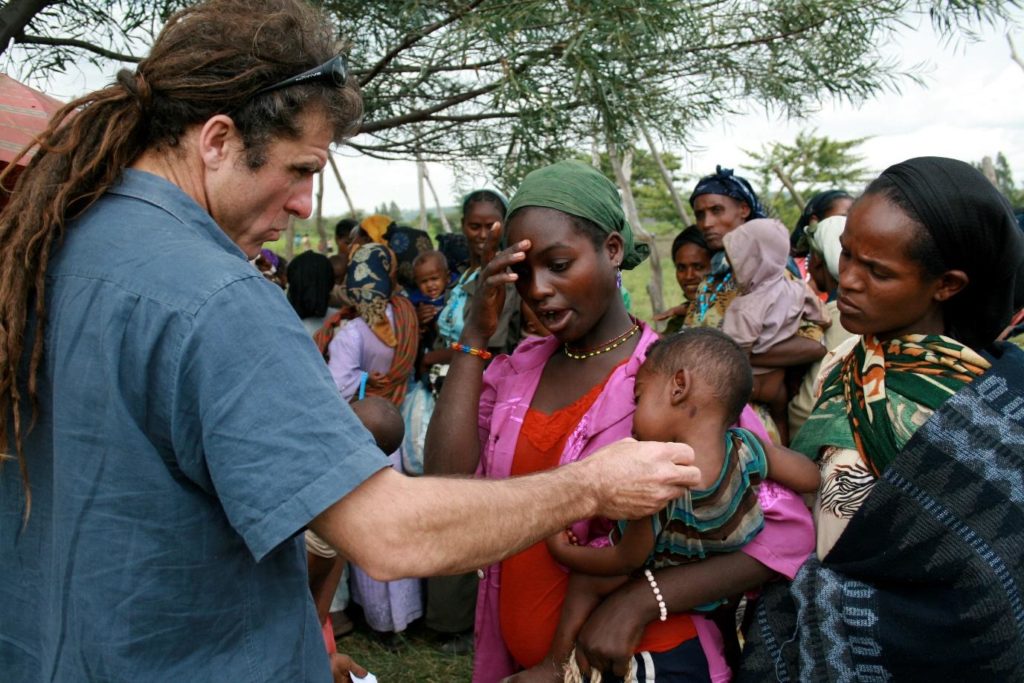
At the first N4G Summit in 2013, 110 stakeholders committed to prevent at least 20 million children from being stunted – saving at least 1.7 million lives by 2020. These commitments deliver much-needed action on policy and financing commitments to the Sustainable Development Goal (SDG) 2—Ending Hunger in All its Forms—which is an underlying driver of 12 of the 17 SDGs. As we continue the Nutrition for Growth Year of Action, take a look at how pledges made during the N4G summits in London (2013) and Milan (2017), have brought about positive impacts on global nutrition.
Despite huge investment and best efforts to date, the humanitarian community is unfortunately failing starving children at an appalling rate. The reality in a pre-COVID-19 context is that less than 10% of children affected by wasting are being reached (comparing coverage to annual incidence). VALID Nutrition (“VALID”) believes that our collective failure to address wasting at scale is not primarily a strategic failure, but rather, a failure to execute a treatment strategy effectively. This failure relates to implementation and is also relevant to other forms of malnutrition, wherein the models, markets and products to deliver treatment are not fit for purpose and/or have not evolved over the past decades. They are too expensive, poorly targeted, donor/supply-side focussed, and critically, do not engage the capacity of the private sector at real scale.

In 2005, the VALID charity established Valid Nutrition Malawi (“VNM”) to support their development of locally sourced, effective and innovative ready-to-use food products for the prevention and treatment of various forms of malnutrition. Since establishment and until recent decommissioning (in preparation for the construction of a new purpose-built facility), VNM has acted as a progressive and innovative research and development hub supporting VALID’s broader objectives. This has included the development (spanning three RCTs in Zambia, DRC and Malawi over 15 years) of an efficacious, amino-acid enhanced and highly cost-effective, plant-based (Soya, Maize, Sorghum – SMS) RUTF recipe in 2016. In 2018 VNM supported a collaboration with World Vision Malawi generating additional operational evidence of effectiveness (through a Community-based Management of Acute Malnutrition pilot programme) of VALID’s new recipe. This is the first successful step in a progressive programme designed to harness the capacities of public/private partnerships and to start a process of creating (currently absent) market infrastructure that will deliver autonomy and real food choices at scale to individuals affected by malnutrition. In summary:
- For the first time ever, VALID has successfully delivered an efficacious and more cost-effective (20-30%), plant-based alternative, RUTF recipe.
- Due to the absence of milk, the recipe is superior to the standard product at treating iron deficiency anaemia and replenishing iron stores.
- Made from local ingredients, it delivers genuine competition and enables more competitive local manufacturing.
- In addition to the value-adding benefits to economies and societies in developing countries, the product significantly increases treatment coverage within existing donor budgets.
- The added value of this product is highly relevant in a post COVID-19 world where centralized manufacture and logistics have been demonstrably vulnerable and maladapted to the new circumstances.
“It was one of the most inspiring and deeply fulfilling periods in my humanitarian career to see severely malnourished children regain their strength and health in a few weeks using an alternative, familiar and acceptable locally manufactured product. The SMS-RUTF pilot programme in three districts of Central Malawi demonstrated to us that we indeed can have a local solution for the Country’s severe acute malnutrition problem.”
Theresa Wazingwa Banda, Maternal New-born and Child Health Technical Programme Manager, World Vision Malawi
Launching VALID’s new product and scaling up similar products for the treatment of moderate acute malnutrition and chronic malnutrition involves changing the status quo by gaining approval from the WHO for evidence-based, non-milk RUTF recipes in the first instance; as well as creating the infrastructure to support “real” demand from poor people for products they desire and need. VALID’s approach involves extending beyond supply-based and corporate social responsibility-driven solutions to malnutrition. It involves some calculated risk, but by targeting and aligning “real” demand with supply, it also offers higher social rewards and return. To create the step change (in both coverage and impact) required, our objective is to work with stakeholders to scale up recipe development and manufacturing in Africa for the elimination of malnutrition.
